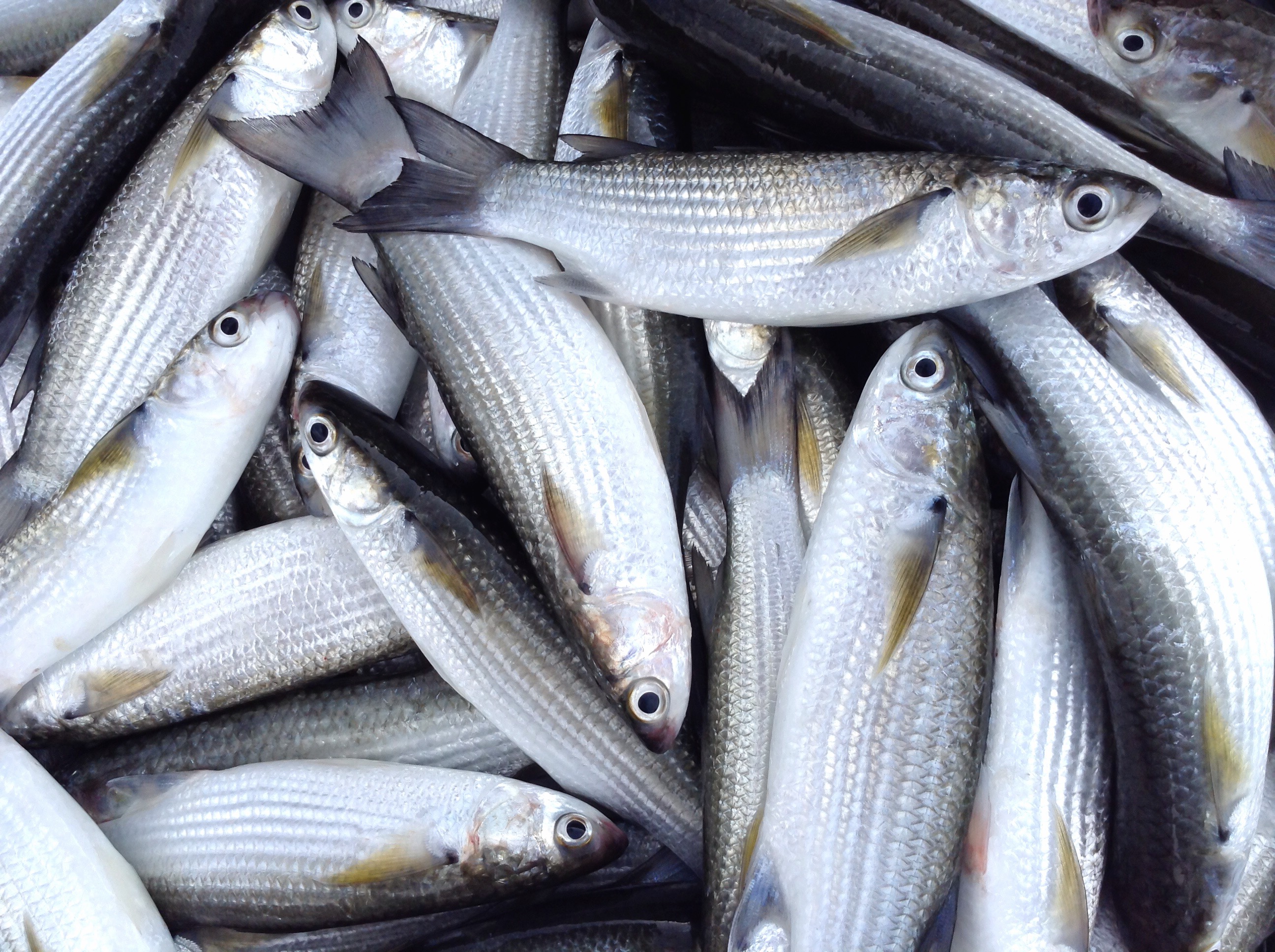ElisabethM
Registered
- Joined
- Jan 6, 2024
- Messages
- 18
Has anyone fed canned Alaskan salmon with bones and skin?
The downside is the salt, and when we have fed this we rinse it with fresh water a few times and drain
The meat has bones in it which are chewable and are great
We try to give a variety of foods; due to costs this is an affordable nutrition powerhouse, with the bones, skin and a fair amount of vitamin d.
@Dr. Jeff @Dr. Christina @Dr. Sara
The downside is the salt, and when we have fed this we rinse it with fresh water a few times and drain
The meat has bones in it which are chewable and are great
We try to give a variety of foods; due to costs this is an affordable nutrition powerhouse, with the bones, skin and a fair amount of vitamin d.
@Dr. Jeff @Dr. Christina @Dr. Sara
Last edited:

